Optimal Timing for Storm Restorations
Storm restorations are critical after severe weather events to repair damage caused by wind, hail, or heavy rain. Timing can influence the effectiveness and cost of repairs, making it essential to understand optimal periods for addressing storm-related damage.
Immediate inspections after storms help identify damage early, reducing secondary issues and preventing further deterioration.
Spring and summer often see increased storm activity, making timely restorations vital during these periods.
Dry weather allows for safer and more efficient repairs, avoiding delays caused by rain or snow.
Certain times of year may offer better access to repair materials, influencing scheduling.
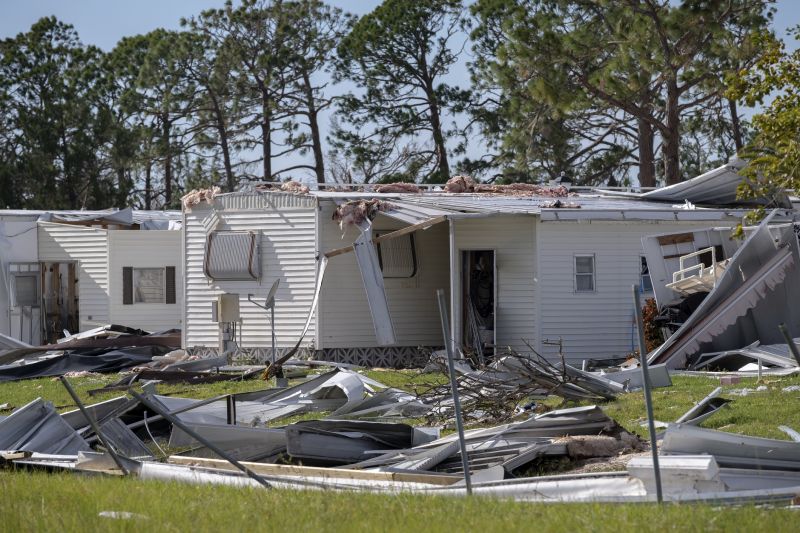
Assessing roof and property damage after storms ensures timely intervention.

Restoration projects underway during optimal weather conditions.
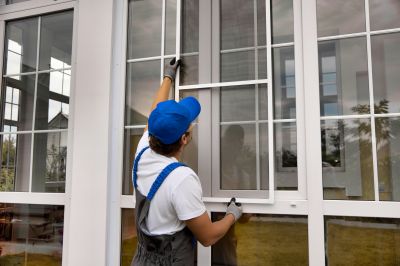
Finished repairs restoring property integrity and safety.

Ways to make Storm Restorations work in tight or awkward layouts.
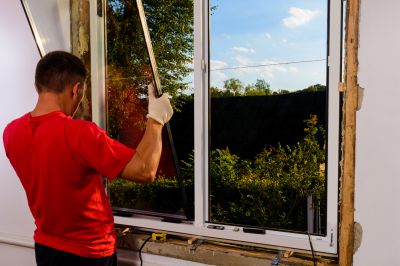
Popular materials for Storm Restorations and why they hold up over time.

Simple add-ons that improve Storm Restorations without blowing the budget.
| Aspect | Details |
|---|---|
| Optimal Seasons | Spring and summer are ideal due to better weather conditions. |
| Weather Impact | Dry days facilitate safer, faster repairs. |
| Storm Frequency | Higher storm activity in certain months necessitates prompt action. |
| Insurance Processing | Early claims can speed up restoration timelines. |
| Material Availability | Certain times of year have better access to repair supplies. |
| Safety Considerations | Avoid repairs during snow or heavy rain to ensure safety. |
| Scheduling Flexibility | Off-peak seasons may offer more scheduling options. |
| Cost Factors | Timely repairs can prevent escalation of damage costs. |
Storm restorations involve assessing damage, repairing structural elements, and restoring property to pre-storm conditions. Prompt action minimizes secondary damage and reduces repair costs. Proper timing ensures repairs are performed under favorable weather conditions, increasing safety and efficiency. Statistics show that early intervention after storms can cut repair times by up to 30%, and prevent further deterioration, especially in roofing and siding.
Weather patterns and seasonal trends significantly influence the scheduling of storm restorations. Planning repairs during dry, mild weather windows ensures better results and reduces delays. It is advisable to conduct inspections immediately following storms to evaluate damage and initiate necessary repairs without waiting for optimal seasons, especially in regions prone to frequent severe weather events.
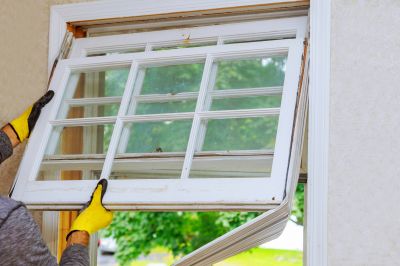
Restoration work completed after storm damage.
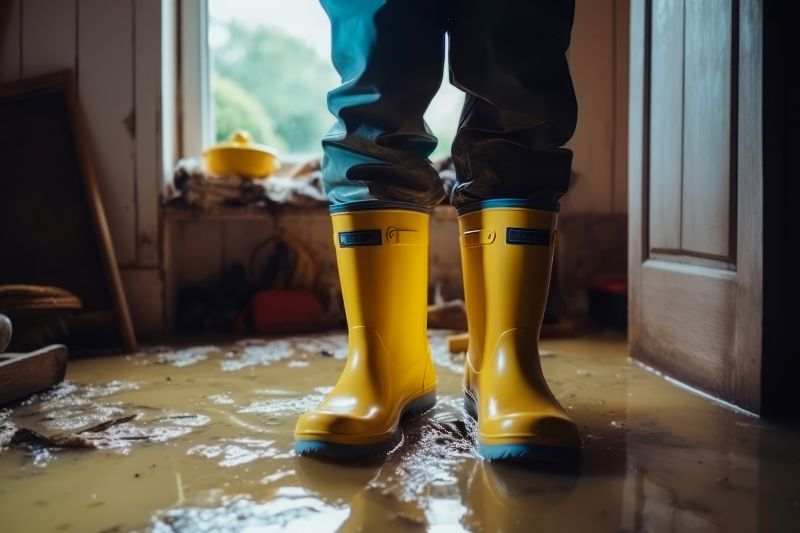
Rapid response teams addressing storm damage.
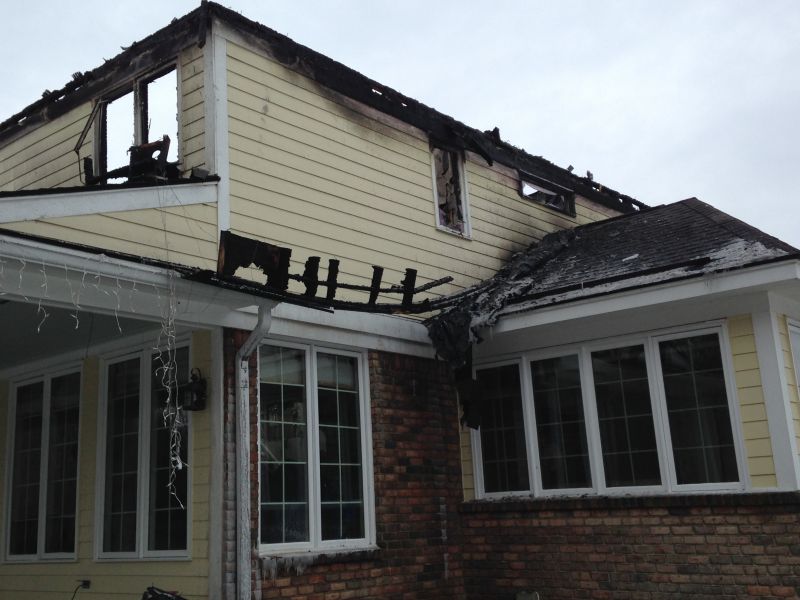
Full property restoration following severe weather.
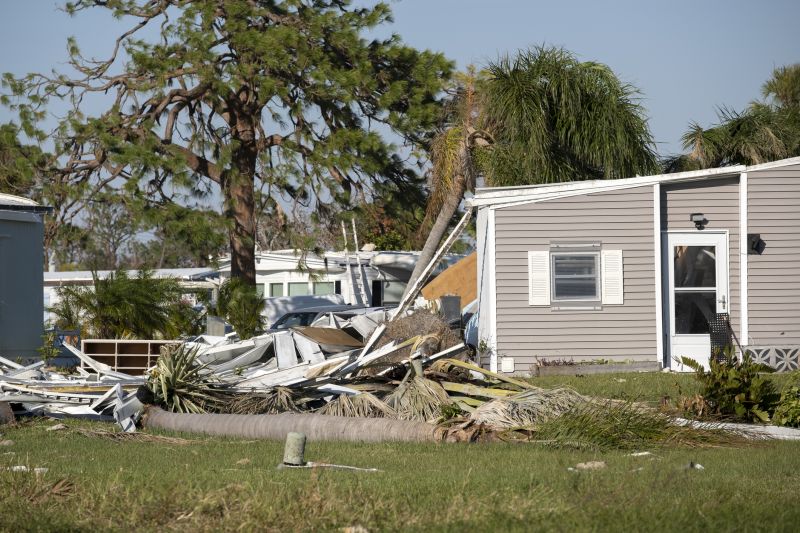
Preventative measures to reduce future storm damage.
Interested property owners in Englewood, CO, can contact for detailed assessments and tailored storm restoration plans. Early engagement helps ensure repairs are performed efficiently and effectively, minimizing disruption and safeguarding property value during storm seasons.


